Sponsored. Join Steamforged Game's own Sherwin Matthews for a deep-dive into the legacy of the Resident Evil video games, and how we set about bringing them to life in a show-stopping series of community favorite board games.
As Lead Designer on this series, Sherwin has been instrumental in ensuring the spirit of this beloved survival-horror franchise comes across in our board games, keeping players working together and fighting for their lives in thrilling, unforgettable game nights.
Learn all about how we bring these games to life on the table, and why you should bring Resident Evil to your store:
On September 25th, 2017, at 20:00 GMT, I sat down in a deathly quiet and surprisingly cold studio, looked into a camera and said, "Hey guys. This is Resident Evil 2."
It was the launch of the first game I'd ever been entrusted to design. An adaptation of a video game that I'd played so much, I could draw every map from memory, and I knew every item, file, enemy, and cutscene. A game in a series which I had loved from the moment I'd first pressed the power button on my old PlayStation and heard the familiar jingle at the start of every game.
Little did I know where that adventure would take both Steamforged Games and myself.
Fast forward to now, and we've since created two additional games in the series (Resident Evil: The Board Game, and Resident Evil 3: The Board Game), and have more planned for the future.
All three games have been received extremely well by the community, with over 330,000 units sold across the range. The most recent game in the series—Resident Evil: The Board Game—has already sold 100,000 units across the range since launch.
But don't take my word for it. It's a recipe that’s proven to be a hit on BoardGameGeek too, with Resident Evil: The Board Game scoring an impressive 8.4 rating from player ratings—and there are a wealth of influencer and media channels out there singing the series' praises too, adding one or more of the games to their various top 10 lists.
Each game in the Resident Evil series is a scenario-driven dungeon crawler, where each session is part of a campaign that will take over twenty hours to complete. Each player takes on the role of one of the franchises most notable characters, each with their own unique traits and abilities. Players work as a team to complete their objectives while surviving increasingly dangerous surroundings.
Along the way, a unique tension deck provides an ever-ticking clock counting down to the end of the scenario, along with plenty of suspense and scares that will have the players on their toes. Enemies operate via a simple reactive AI system, which means the players will need to think carefully about how best to manage their turns.
Part of the reason why the community loves the series so much is the attention to detail in each game, which has really captured the spirit of the original video games they love. Unlike other games in the genre which focus on fighting hordes of enemies, Resident Evil games are an exercise in resource management, strategic decision-making, and enduring creeping tension.
True to the advice given in the very first Resident Evil video game (and repeated in every survival horror game since), defeating enemies isn't the only way to survive. Sometimes mitigating a threat by trapping it in a dead-end room, or running past an enemy in a seldom used corridor is a better approach. But players must always beware—by design, even the most basic of enemies can be a threat throughout the entire campaign, forcing players to stay on their toes.
Having carried out countless demo games across a wide variety of shows, stores, and design sessions, and with hundreds of players, we've found it's a formula that never once fails to drag the players into the moment. Seeing the reaction when the style of game clicks in their head, and the conversations start at the table about how best to deal with a bad situation is priceless.
Mechanically, the Resident Evil games have been designed with an easy to learn approach. Player turns and enemy reactions are simple and fast to resolve, and extremely intuitive. Most players pick up the game’s rules within two or three turns around the table, which amounts to about ten minutes at most. After that? They're hooked.
We have an audience with a voracious appetite for the series, endlessly engaging on social media with other fans, telling stories from their games, posting images of the miniatures, helping with rules queries, and creating their own homebrew content.
But this fanbase is also one that serves as product champions and ambassadors—individuals that love their game so much that they not only play the campaign through multiple times, but also take it to their friends' houses and gaming stores to play it with other people, advertising the games.
If the community in your store likes games such as Dead of Winter, Zombicide, or even dungeon crawler games like Descent, there's something for them in here. And with Halloween just around the corner, Resident Evil: The Board Game is the perfect product to add a little spookiness to your store.
Click on Gallery for full-sized images.
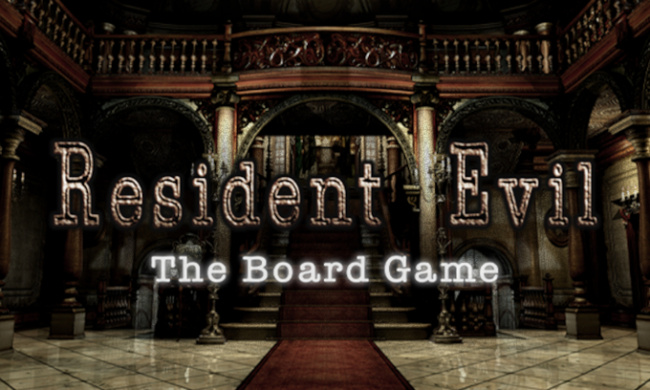
Order This Spine-Chilling Board Game Trilogy Now!
Posted by Sponsor on September 30, 2024 @ 3:33 am CT



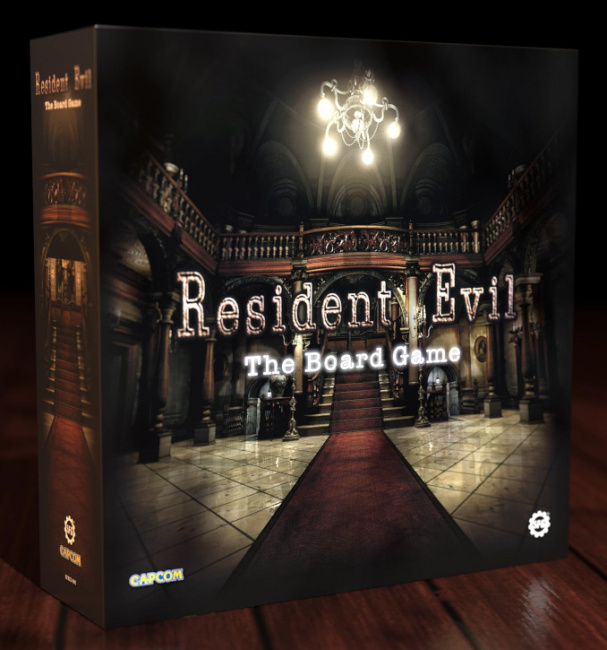
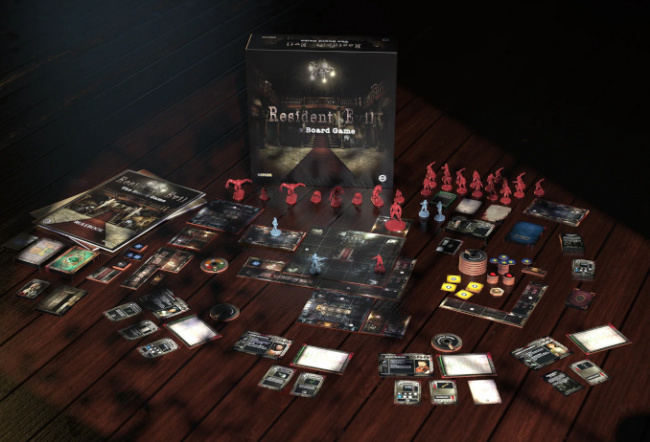
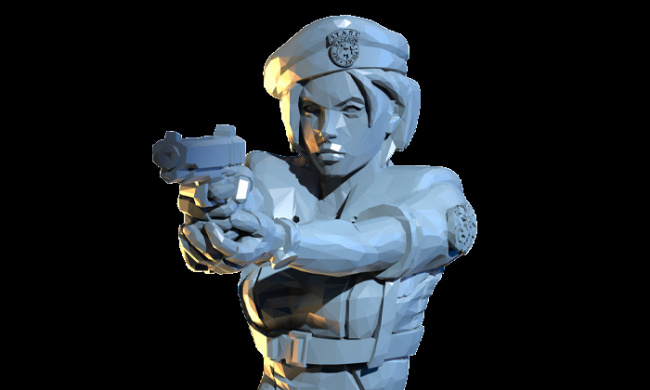
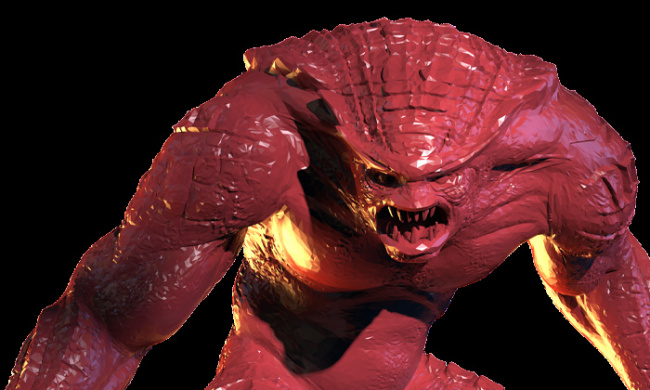
 View Gallery: 4 Images
View Gallery: 4 Images